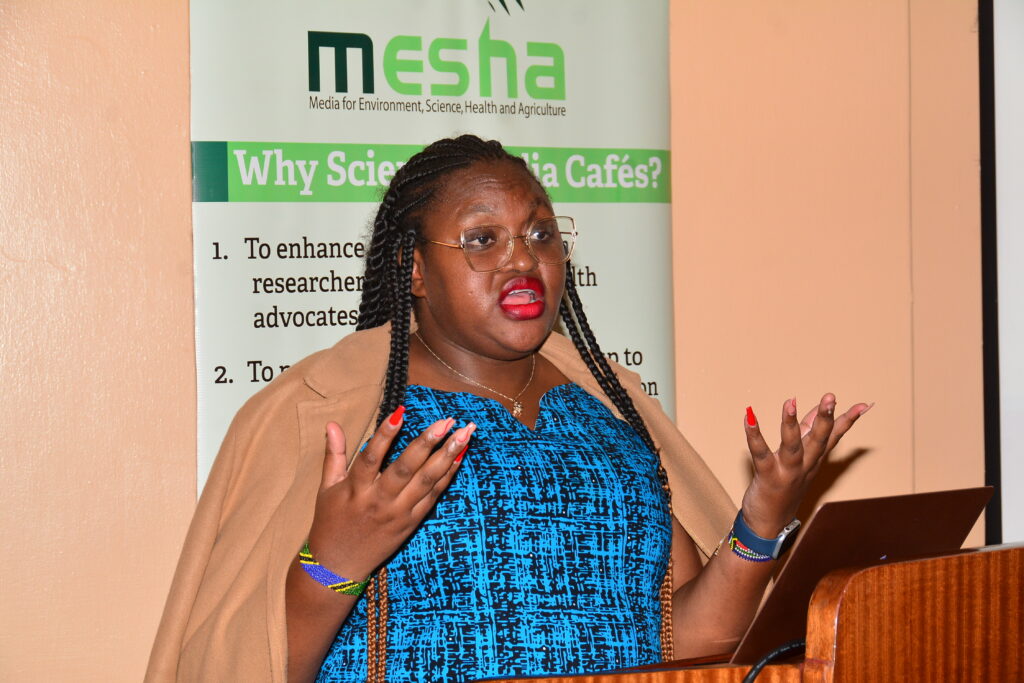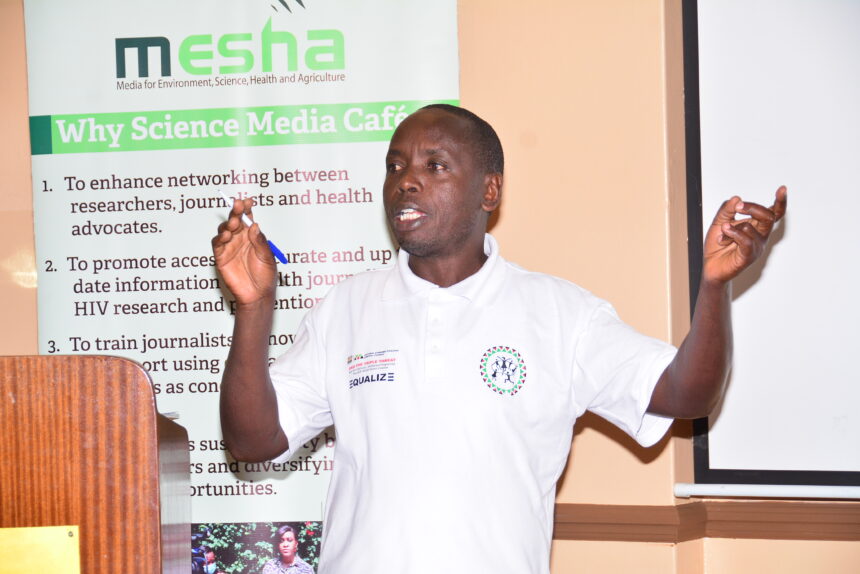By Sharon Atieno | sharonphoebeatieno@gmail.com
Experts are proposing aggressive capacity strengthening among the youth to counter a trend of new HIV infections among them. According to UNAIDS data, youth aged between 15 and 34 accounted for 73 per cent of the 17,000 new HIV infections recorded in Kenya in 2023.
Joab Khasewa, Programme Officer, HIV Prevention at the National Syndemic Diseases Control Council (NSDCC) says this has been the trend for the last five years, and that comprehensive knowledge on HIV prevention among this population is crucial.
While referring to the 2022 Kenya Demographic and Health Survey, Mr Kwasewa said comprehensive knowledge about HIV prevention was at 55 per cent and 54 per cent for boys and girls respectively, for youth aged between 15 and 24.
“About 46 per cent of young people do not have the correct knowledge on HIV,” Mr Khasewa said, adding that there was need to emphasise abstinence and safe sex, including use of condoms, besides being faithful to one partner to reduce the risk of infection.
Mr Khasewa spoke during a Media for Environment, Science, Health and Agriculture (MESHA) café in Nairobi, Kenya for health editors from several publications, including the ‘Daily Nation’, ‘Ghetto Radio’, ‘People Daily’, ‘The Star’, ‘Kenya Broadcasting Corporation (KBC), ‘Science Africa’, Akili TV and Royal Media Services who were updated on key scientific interventions to tackle HIV/Aids and on line resources available at their fingertips in their pursuit to help journalists tell the HIV story accurately.
Mr Khasewa said media was critical in bridging this knowledge gap. He called for collaboration between editors and the various HIV stakeholders to ensure correct information reaches the youth.
“The HIV story is different for different generations. There is a generation that saw people and villages being wiped by HIV/Aids. There is a generation that was born with HIV, and started treatment very late. There is another generation that has never known about the lack of Anti-Retrovirals (ARVs) completely, and now, there is a generation that sees HIV as a normal health condition,” Doreen Moraa, a health advocate, said at the event, adding that editors needed to support their journalists to tell the inter-generational story of HIV.

Additionally, Moraa tasked journalists to remind governments of the milestones that should be achieved in reducing deaths and stigma related to HIV.
Other key topics she highlighted were undetectable=untransmittable (U=U), new HIV prevention methods, especially long acting treatments such as lenacapavir (twice a year pre-exposure prophylaxis (PrEP) injection), pleasure based interventions, especially female condoms and the PrEP ring, the Choice Agenda, governments’ prioritisation for new HIV prevention methods and ensuring HIV ceases to be a public health threat by 2030.
John Muchangi, an editor for ‘The Star’, emphasized the need to verify information in science reporting, especially on HIV.
“The source of the information has to be peer reviewed, published and accepted as facts,” he said.
He challenged editors to avoid single sourcing and instead refer to multiple sources who can give varied views on the topics at hand, even with limited time.

MESHA Secretary Aghan Daniel noted that stories on HIV prevention were hardly told in the media.
“Let us set the agenda on HIV prevention issues like now when we have a lot of products such as condoms, discussions on the lenacapavir which is a new 6 monthly Subcutaneous injection PrEP shown to be superior to Oral PrEP, at 100% efficacy amongst majority women and at 96% amongst majority men populations.,” he told participating editors, noting that there had been numerous developments around HIV.
He reiterated MESHA’s commitment to working with editors, journalists, scientists and the government to ensure balanced coverage of HIV prevention and other health topics.
According to Dr Kevin Korimba, editors should encourage journalists to give more space and airtime to choice of prevention methods which are vital such as the increasing menu of choices.
Dapivirine monthly vaginal ring, cabotegravir 2 monthly injectable, feasible and acceptable are headlines which now need to hog media spaces.
“Early clinical trials indicate that a three-month dapivirine vaginal ring PrEP has better blood level drug concentration than a monthly ring, making it a possible option to expand the menu of choice,” he informed the meeting.









